From Winnipeg Sun link to article by listed chief of Manitoba First Nations Sept 8th 2018

Indigenous people still struggle in today’s Canada. Often our communities are burdened by poverty, addiction and crime. A much higher percentage of our people languish in Manitoba’s prisons, then non-Indigenous people. Many First Nations communities still don’t have passable roads, drinkable water, good education or adequate healthcare. Jobs are often impossible to find.
Most tragic of all, suicide takes hundreds of our people every year including scores of young people. At a time when they should be the most hopeful for the future far too many lose hope.
We can’t bring back the ones we’ve lost, but we can honour their memory by restoring hope for their families. But where to find hope?
After 150 years we know that government intervention and support, while sometimes necessary, is often ineffective and, in some cases, destructive. History shows that well-meaning government is no guarantee of a better future. We must take matters into our own hands. That is the path to rejuvenated communities and human flourishing.
As businesspeople, we are proud that our ancestors won the right to set tax policy for First Nations. We shouldn’t be faulted for negotiating the best deal we could get. We now use our powers to impose taxes (or not) to advance the interests of our people, and it’s working, for us and all Manitobans.
We are working with the private sector to attract investment to our communities. The results are exciting. The first wave of investment created small businesses like convenience stores and gas stations. Later it was hotels, restaurants, grocery stores, construction companies and yes, casinos. We’re grateful for those businesses. They are customers for other businesses both on and off reserve and they supply our people with much-needed jobs. Economic development in our communities is the rising tide that lifts all boats. And we are just getting started.
Some of our communities have attracted private sector partners to help us grow, process, package and wholesale cannabis, producing hundreds of sustainable jobs. Retail stores will follow which will help the provincial government realize its goal of reasonable access to cannabis for all Manitobans. We also have plans for pharmacies, pain clinics and much more. With this development comes more independence for our people and less reliance on government. Again, we all benefit.
We also know that some are concerned that First Nations are “tax exempt”. They claim it gives First Nations-based businesses an unfair advantage. We disagree. Trust us, there are few advantages of any kind for those living on reserve, but it is our home, so we stay and work to make it better.
Besides, some First Nations do raise revenue through taxation and despite our hard-won right to set our own taxes, sometimes other levels of government impose fees on us that sure seem like taxes, and they are often disproportionate to the services we receive. Despite this, some people want us to pay higher taxes. That strikes us as odd.
Premier Pallister was elected on a platform of lower taxes and a better environment for business. He rightly argues that low taxes attract investment. His government also committed to consultation and reconciliation with First Nations. Good. So, let’s start talking.
Consultation creates trust. It is the foundation for fairer policies and it leads to the certainty required to attract investment and jobs, and with that, hope.
Chief Dennis Meeches, Long Plain First Nation
Chief Glenn Hudson, Peguis First Nation
Chief Christian Sinclair, Opaskwayak Cree Nation
Chief Deborah Smith, Brokenhead Ojibway Nation

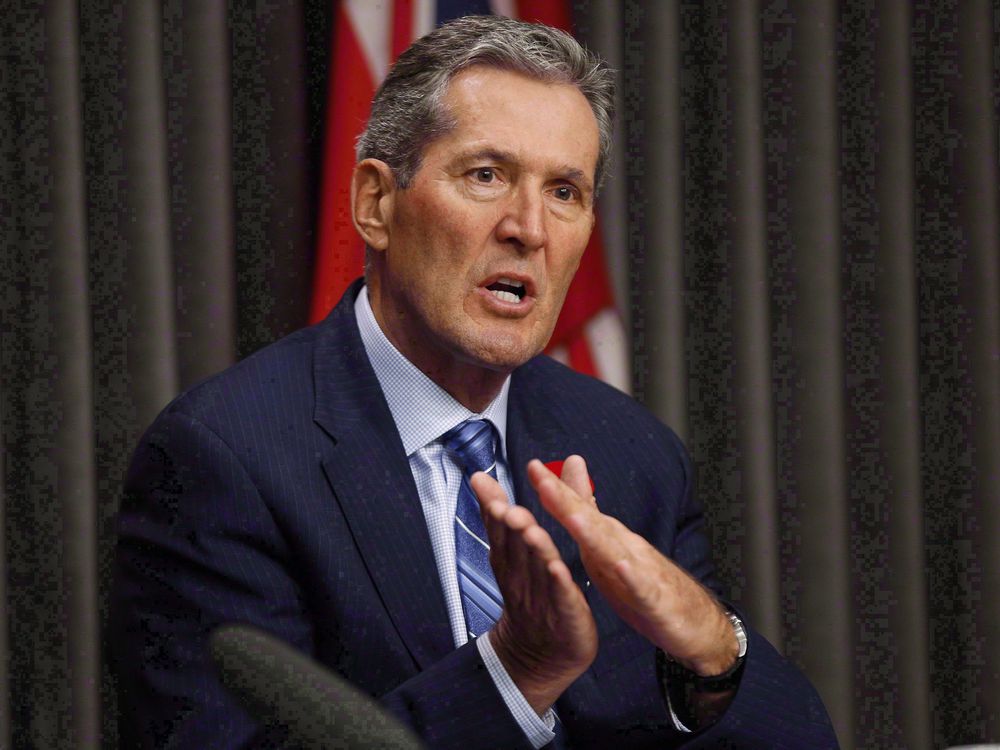

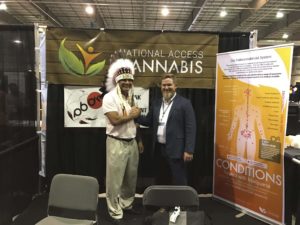
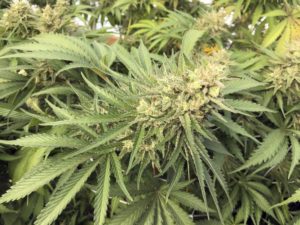


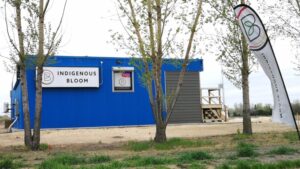
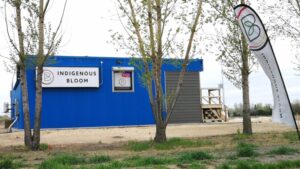

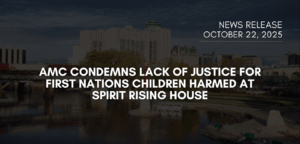
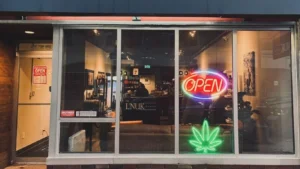
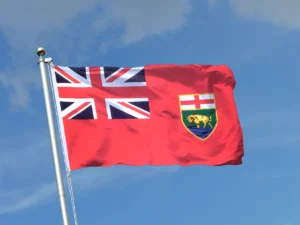





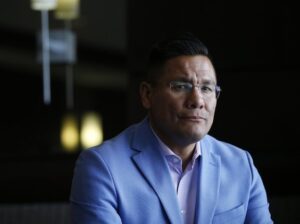






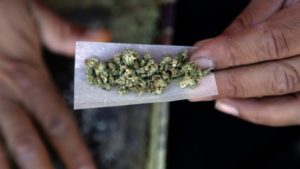
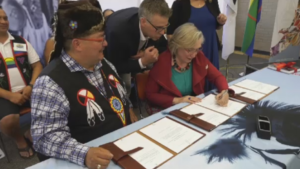



Comments are closed.